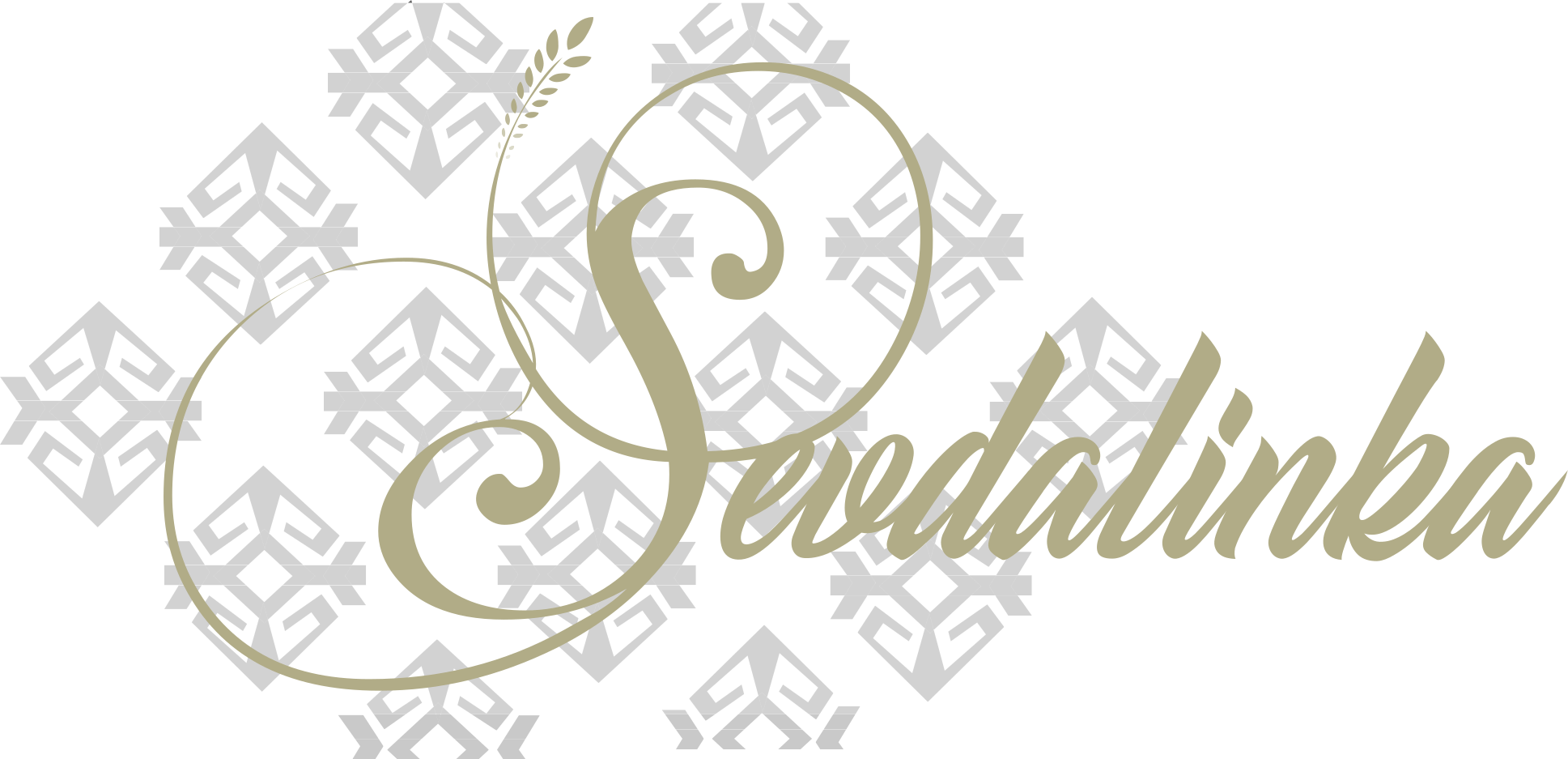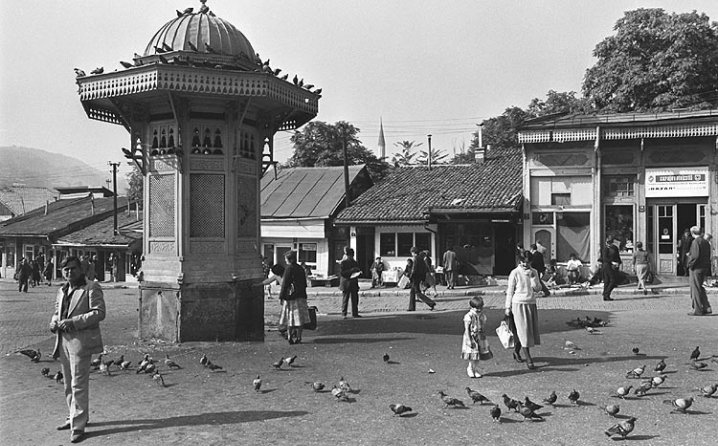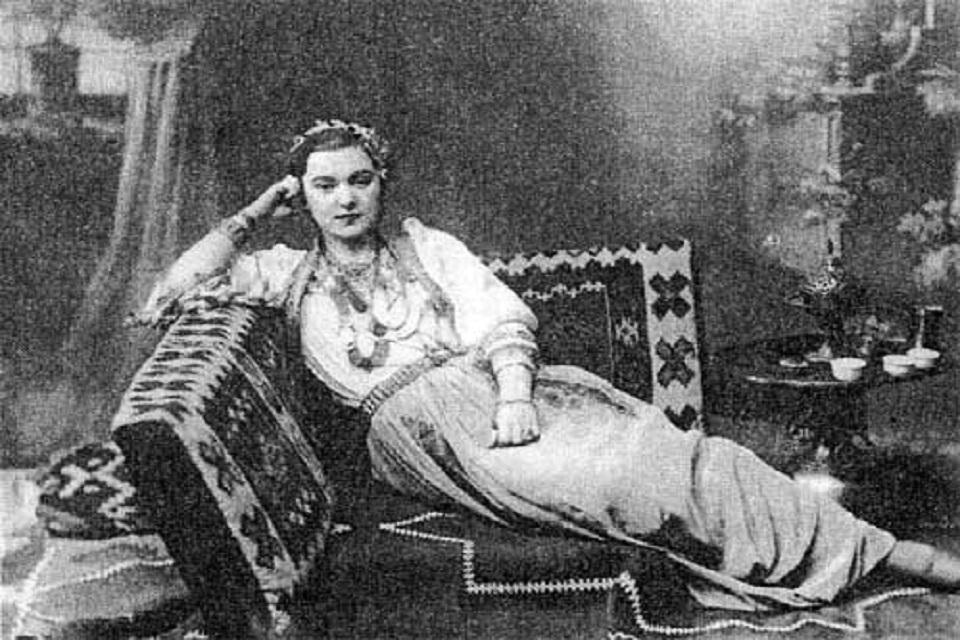“KIŠA BI PALA, PASTI NE MOŽE” (The rain would fall, but it can’t) is a well-known and enormously beautiful ballad. About the origin of this song the following story by Halid Varatanović from Sarajevo is recorded: “When Austria took over Bosnia, there were Imams and teachers of religion who taught the children and were not happy about the Austrian occupation, among them the Imam Kustura (they are from Novi Pazar, but settled here in Sarajevo a long time ago). There was him and his uncle – I knew the Hafis – and they were called Sokolović. Their nickname was Kustura, which became the official family name).
And it was this Imam Kustura who told people the future and made talismans when someone was sick or had something else. And the wife of an Austrian officer came to predict the future for herself. And he had a book and in this book a needle: not outside, but really inside! He said to her:
– “You have a husband!”
– “I did!”
– This man is cheating on you!
– “That’s right!”
– “He’s going to that same woman!”
– “Right!”
– “You have a birthmark under your left shoulder, in this and that size and shape!”
– Right!
He told her all this and she agreed to accept Islam. And so it happened – she was divorced from her husband…
And they accused him afterwards. They accused him of magic so that the whole world would go crazy and ordered him to hang on the Vrace.
And they hung him, but it started to rain: The first three days were such a cloudburst that you couldn’t get out of the house when they did: they murdered Imam Kustura. This could have happened in the first years after the Austrian takeover.
[“Source: ESMA SMAILBEGOVIĆ: Narodna predaja o Sarajevu. Sarajevo: Institut za jezik i književnost, 1986, page 207. The statement was recorded and published by Munib Maglajlić in 1977 in the yearbook of the Department of Literature of the Institute of Languages and Literature in Sarajevo, under the heading: “Sarajevo’s ballad about the condemned to death”.]




